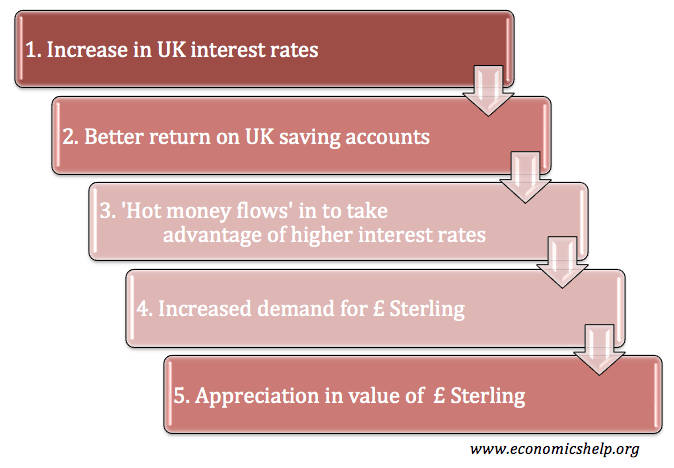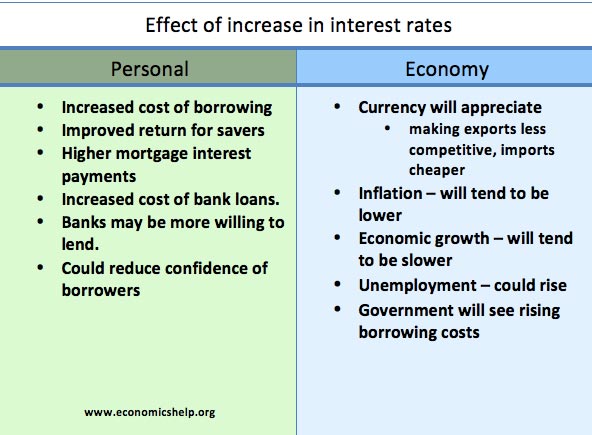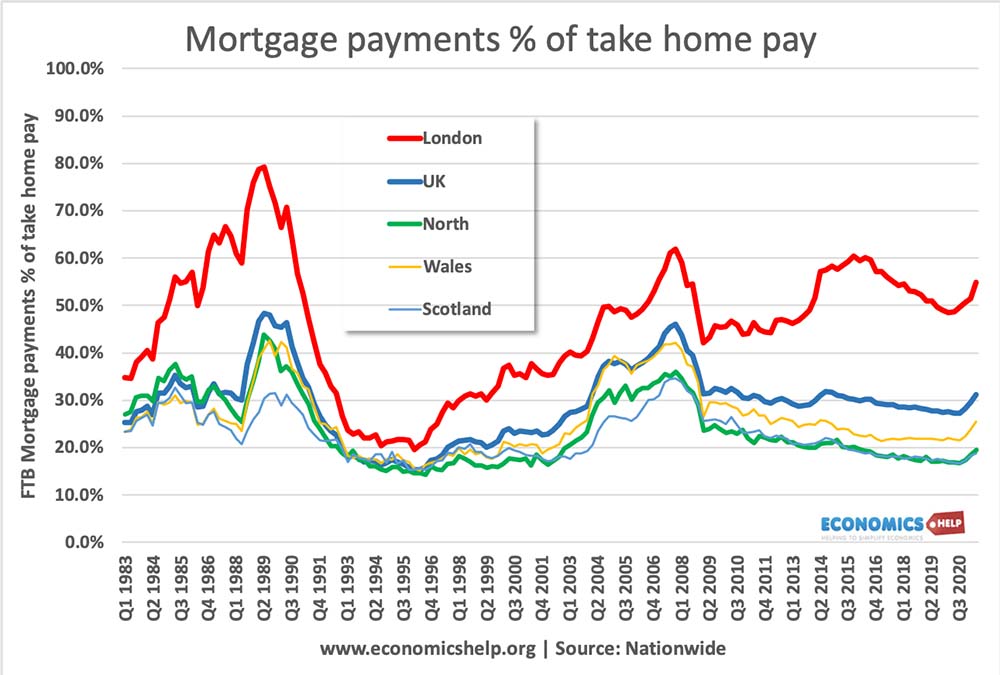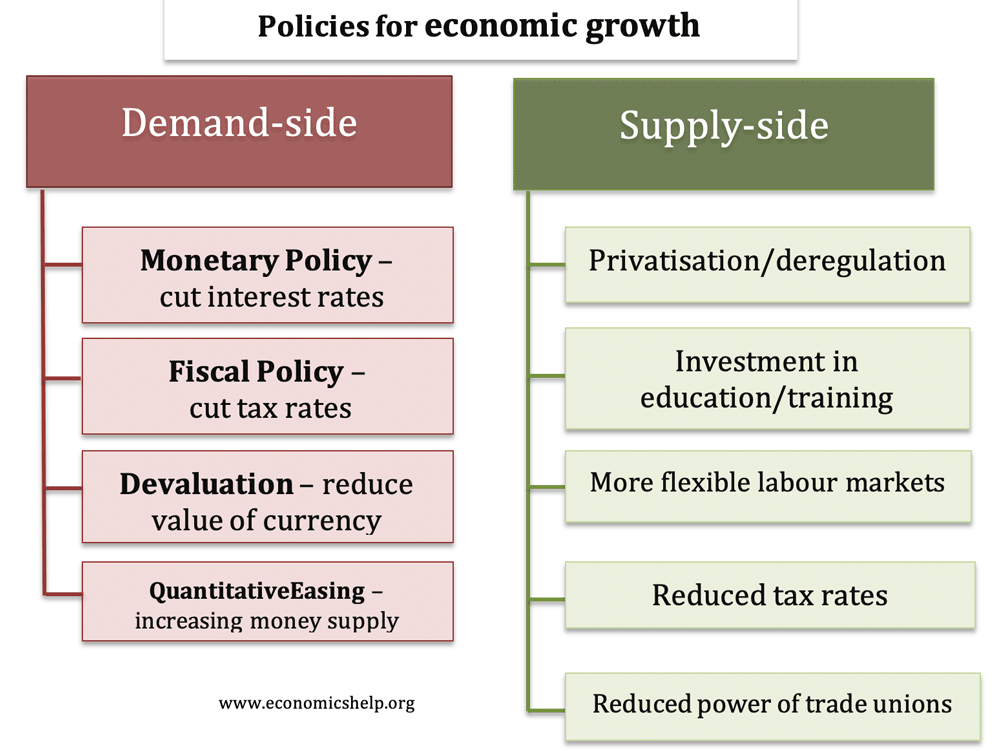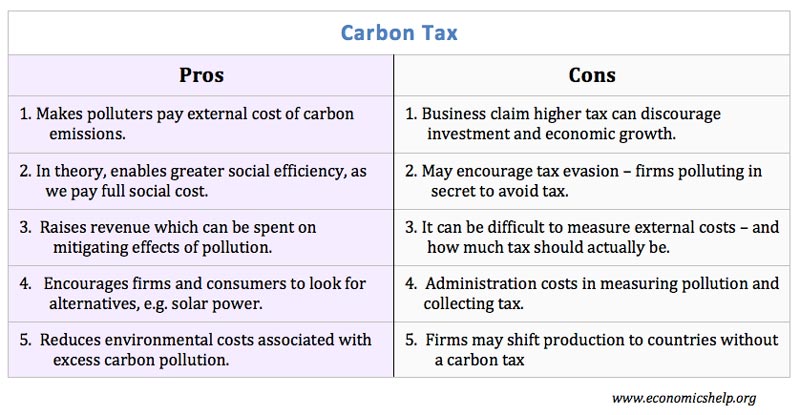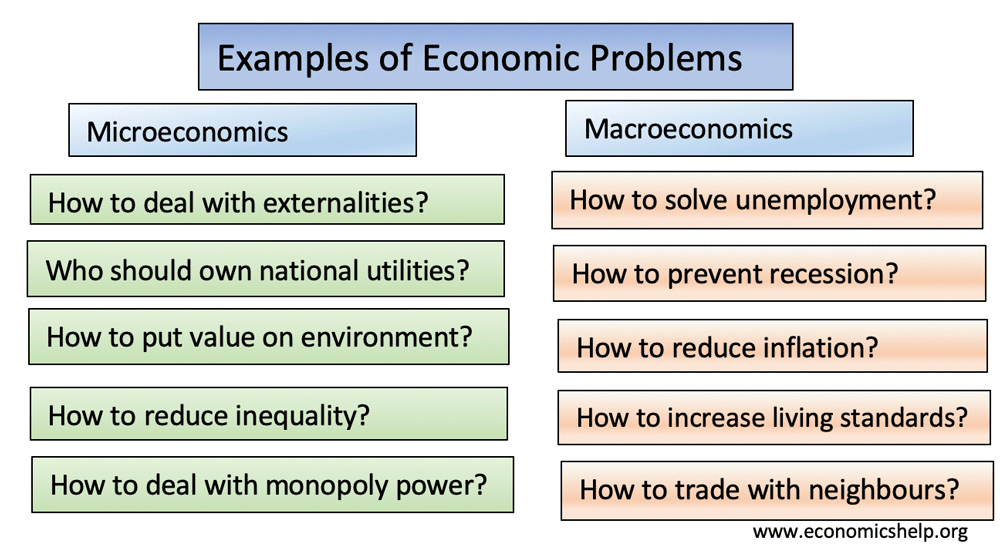Interest Rates and Exchange Rate
A look at how interest rates and inflation affect the exchange rate – in short, higher interest rates tend to cause an appreciation in the exchange rate. Readers Question: In currency investing, would it be more profitable to invest in a country with high-interest rates and high inflation, or low to zero interest rates with …

